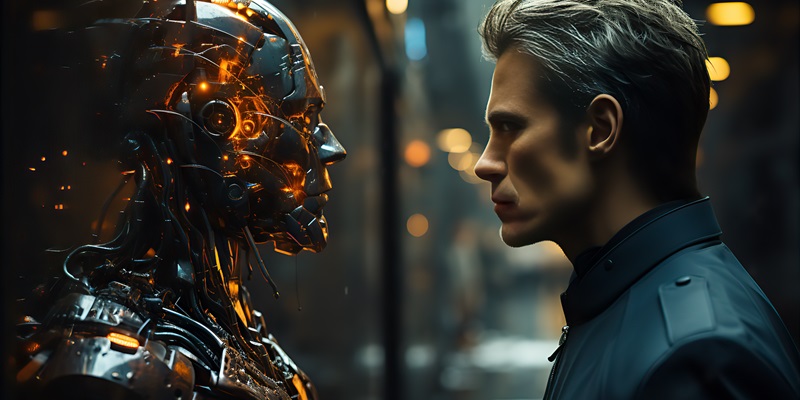In today’s rapidly evolving technological landscape, it is becoming increasingly evident that artificial intelligence (AI) is at the forefront of innovation and entrepreneurial pursuits. More than 80% of pitches now involve AI, indicating a profound shift in how we live, work, and experience the world around us. As we embark on this transformative journey, we can anticipate a step-function change that will revolutionize multiple aspects of our lives.
Evaluating the Expertise of AI Startup Founders
A critical aspect of the AI revolution lies in identifying the individuals who possess the necessary expertise to drive these groundbreaking ventures forward. The first wave of entrepreneurs entering the AI space has raised questions about the depth of their knowledge and capability. It is essential to comprehensively assess their skills and determine whether they are truly equipped to successfully navigate the complexities of AI-driven enterprises.
The Advantage of Being Early Movers in AI
AI, more than any other technology, requires a wide distribution network and vast amounts of data to enhance the product experience. Consequently, those who are at the forefront of defining a specific product category can gain a significant advantage in the market. The ability to recognize and seize opportunities swiftly is a key component of success in the AI arena.
The Potential of AI in Various Industries
The potential of AI extends far beyond just technology. It permeates various industries, offering boundless opportunities for growth and innovation. By leveraging AI, companies can build immersive vertical experiences in sectors like healthcare, legal, software, engineering, and science. This prospect is exhilarating as it opens up new realms of possibility and transforms industries in ways we never thought possible.
The Future of Computing Wearables
While AI holds immense promise, our collective imagination is captivated by what lies beyond the conventional smartphone. The next computing wearable that will reshape how we interact with technology garners significant attention. Whether it be augmented reality glasses, smartwatches with advanced AI capabilities, or even a breakthrough yet to be envisioned, the possibilities are staggering. The future of wearable technology promises to enhance our lives in unimaginable ways.
Recognition of Exceptional Companies like Figma
Amidst this transformative landscape, there are certain standout companies that capture our attention. Figma, a collaborative design tool, is one such organization. Considered a once-in-a-decade kind of company, Figma has disrupted the design industry by offering an innovative and seamless solution. Its impact and significance can be compared to other remarkable companies that have shaped our digital era.
Embracing Independence and Charting New Courses
As Figma charts its own independent course, it embodies the spirit of innovation and the pursuit of a unique direction. Rather than following the conventional path, Figma understands the importance of setting itself apart. This independence allows the company to unleash its full potential and make a lasting impact on the industry. It is not a sad departure from the norm, but an inspirational example of forging new paths and being brave enough to diverge from established paradigms.
Optimism for the Future and Company Performance
Looking ahead, there is a sense of excitement and enthusiasm for the future. As AI continues to advance and penetrate various sectors, the possibilities seem endless. Companies like Figma exemplify the innovative spirit that drives progress and pave the way for a brighter future. Embracing this wave of transformation, Figma and other AI-driven enterprises are performing incredibly well, continuously pushing the boundaries of what is achievable.
The growing prevalence of AI in pitches, the emergence of visionary entrepreneurs, the potential for transformative change across industries, the exploration of new wearable technologies, the recognition of exceptional companies, and the anticipation for a promising future all highlight the significant impact of AI. As we embrace this new era, it is crucial to seize opportunities, embrace innovation, and leverage AI to shape a world that is both technologically advanced and deeply human-centric. The possibilities are limitless, and the journey has only just begun.

